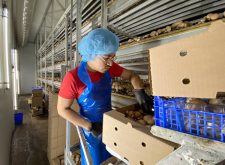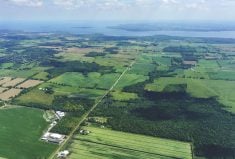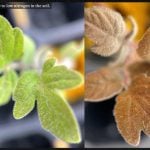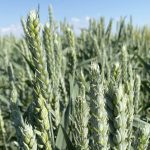Crops developed via gene editing will not be subject to the additional regulation requirements imposed on genetically modified organisms, according to Health Canada.
Gene editing, such as CRISPR technology, allows scientists to target or alter genes of interest in a plant’s genome to create plants with desired traits, such as disease resistance, enhanced growth or higher concentrations of oil or protein, for example.
The ministry confirmed this position on May 18 after a public consultation period. This guidance, says Health Canada, provides a clearer interpretation of its Guidelines for the Safety Assessment of Novel Foods – considering the health and safety objectives of the regulations while making use of regulatory experience in a scientific field that has evolved to include new breeding tools.
Read Also
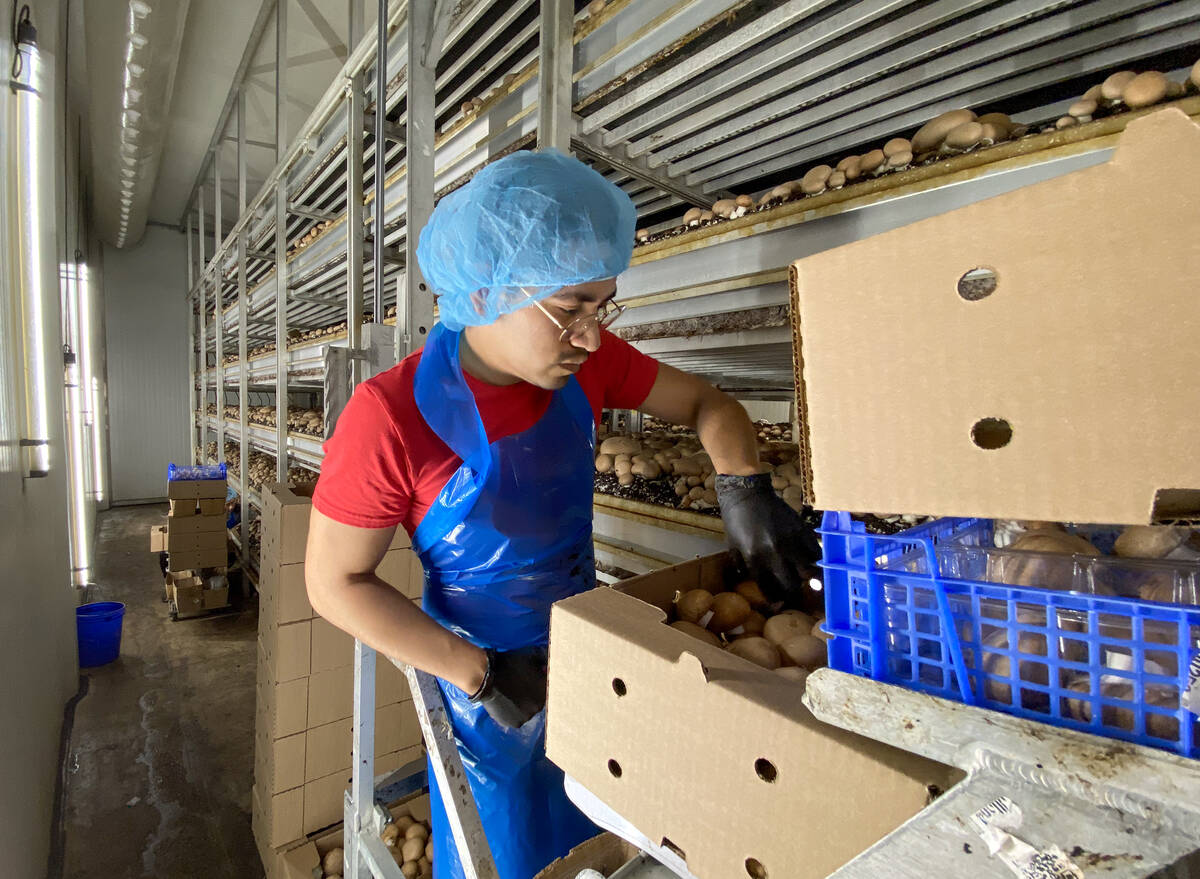
Ontario’s other economic engine: agriculture and food
Ontario Federation of Agriculture president, Drew Spoelstra, says Ontario’s agriculture and agri-food sector should be recognized for its stability and economic driving force.
The ministry said that in most cases, gene-edited crop varieties will not require a pre-market safety assessment.
Why it matters: Health Canada’s regulations around the commercialization of gene edited crops reflect a wider global consensus on the safety and value of gene editing technology.
Pre-market assessments are time-consuming and costly for companies looking to develop new plant varieties, and have been a significant obstacle to crop innovation in Canada.
“This will open up the very real possibility of dramatic improvements for small- and large-acre crops alike, from productivity improvements to new solutions for emerging pest pressures to advances in food and fuel crops that will benefit the entire value chain, including consumers,” said Rick White, chair of the Canada Grains Council, in a release following Health Canada’s decision.
Health Canada said, “this new guidance interprets the Novel Food Regulations in a manner that takes account of the current scientific knowledge and the underlying scheme and the purpose of these rules (i.e., to require pre-market assessment of novel foods that may pose a potential risk to the consumer) in a way that reflects a greater understanding of plant breeding technologies, and the benefits of aligning with our international regulatory partners.”
Five categories of food no longer must be individually assessed as novel foods because “their safety is already consistently well characterized,” Health Canada said. These categories are:
- Foods derived from plants with genetic modifications that do not alter an endogenous protein in a way that introduces or increases similarity with a known allergen or toxin relevant to human health;
- Foods derived from plants with genetic modifications that do not increase levels of a known endogenous allergen, a known endogenous toxin or a known endogenous anti-nutrient beyond the documented ranges observed for these analytes in the plant species;
- Foods derived from plants with genetic modifications that do not have an impact on key nutritional composition and/or metabolism;
- Foods derived from plants with genetic modifications that do not intentionally change the food use of the plant; and
- Foods derived from plants with genetic modifications that do not result in the presence of foreign DNA in the final plant product.
“The Department interprets the Novel Food Regulations to classify foods within these categories as ones that do not meet the threshold of novelty of characteristics required for them to meet the definition ‘novel food.’ The definition, interpreted narrowly in this way takes account of the precautionary safety objectives that underlie these pre-market safety assessment regulations,” the agency said.
European Union an outlier
Canada is the latest addition to the group of countries that have determined gene edited crops will be largely regulated as traditionally bred crops. This group includes Australia, Japan, the United States, Argentina, Brazil, Colombia and others. Canada’s policies are also in line with the scientific consensus of a variety of academic and other advisory organizations, including the European Commission.
The European Union (EU) itself remains an outlier, however.
As a wider political entity, the EU has not yet decided what policy framework will be applied to gene editing. A consultation on the subject is ongoing.
CropLife Canada, the organization representing Canadian plant science companies, says European policy makers have recognized the potential for gene editing to support their environmental, food security and economic goals.
In a May 20 statement to Farmtario, the organization expressed hope that gene editing will “not be mired” by the EU’s policies pertaining to GMOs, which they argue has inhibited innovation in Europe and slowed the adoption of innovation around the world.
“Health Canada’s new guidance is based on predictable, scientific criteria that helps provide clarity to plant breeders. Canada has a great opportunity to promote science-based decision making on gene editing to help the EU land in a place that is better for the global economy, people and the environment and supports Canadian European trade, CropLife said. “We need to leverage the power of innovation in agriculture to ensure we don’t have a food security crisis in the future, as we respond to emerging threats to food production like conflict and climate change.
“Without scientific, risk-based regulations, farmers in both the EU and around the world will have limited access to modern tools and technologies, like gene editing, that keep them competitive and provide choice for consumers.”




